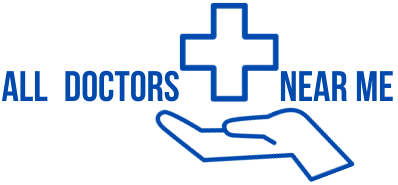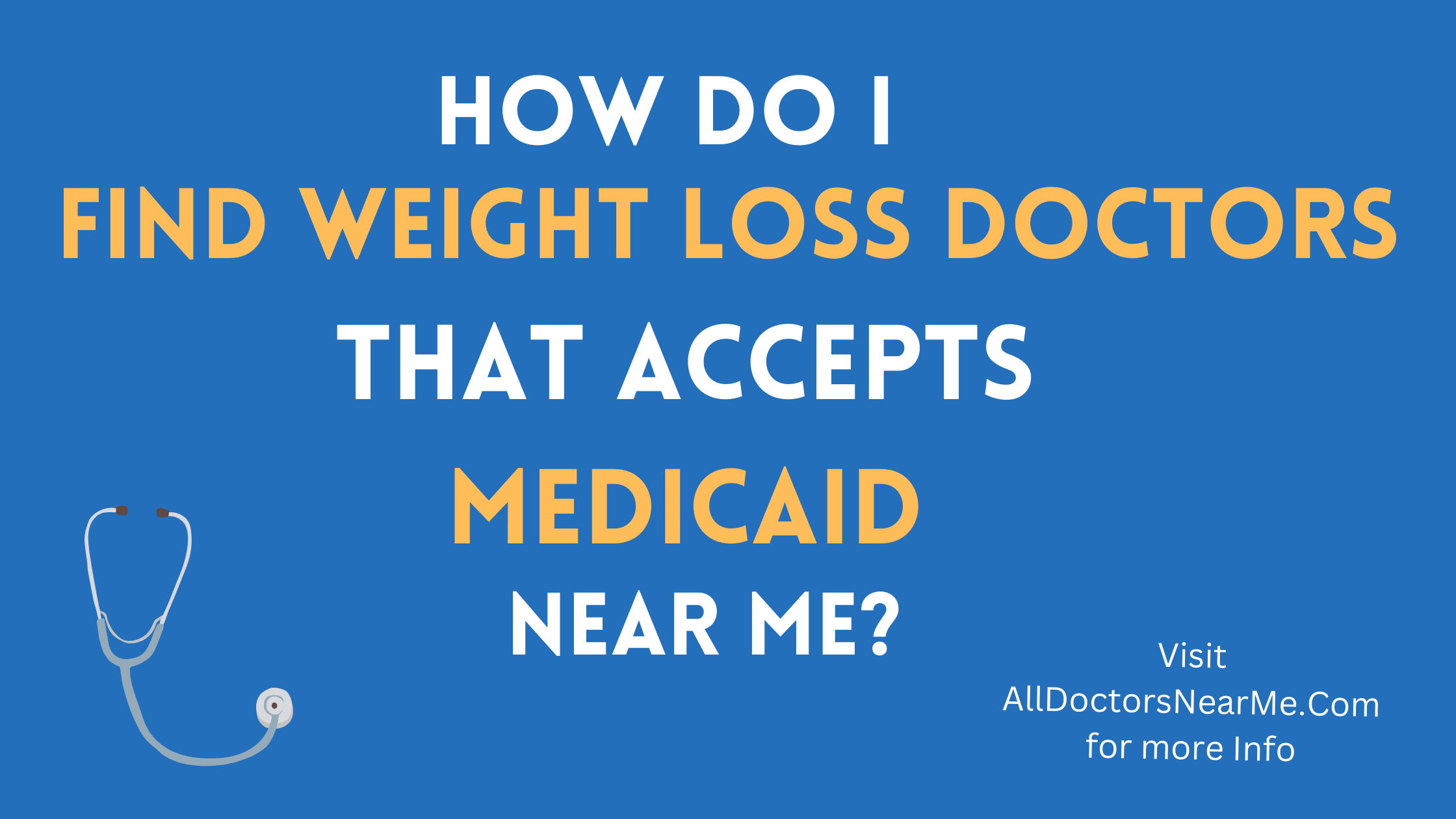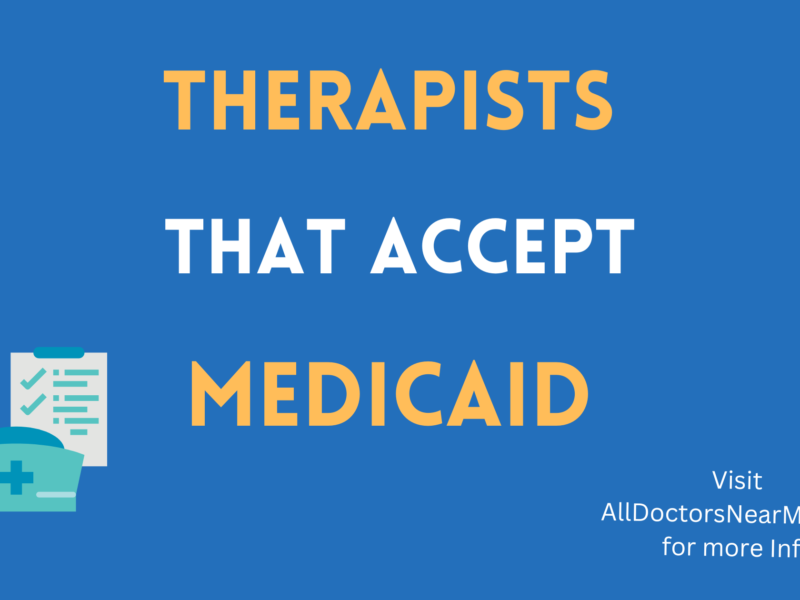Applying for Medicaid can be difficult to navigate and requires lots of paperwork. Any errors or omissions could cause delays in eligibility review.
To streamline the process, applicants should pre-collect necessary documents in order to minimize errors during enrollment. If submitting an application online via the NY State of Health or Facilitated Enrollers, make sure to follow this document checklist.
Recognize The Eligibility Category
New York residents wanting to apply for Medicaid have the ability to do so in person, via mail or online, although online applications are most common amongst applicants for Medicaid due to the speed. Applicants may also be asked to provide some supporting documentation which usually include but is not limited to identification, proof of residency and income level. Income verification is based on each individual’s situation and can include the latest paycheck, tax return, or bank statement. Most people will also request asset verification through deed and automobile title. Applicants with excessive assets may need to develop a spend down strategy with a financial planner to qualify for Medicaid.
Checklists can be utilized effectively regardless of the method of submission and can help simplify the entire process. Applicants should take their time reviewing this checklist and trying to collect all required documents beforehand to ease the submission process. Inaccuracy or missing information can cause an application to be delayed or denied, so attention to detail is incredibly important when applying. Another helpful resource that New Yorkers have access to is the Medicaid Helpline, which has representatives available for questions and assistance at any point during the process.
Gather Documents
Benefits may be delayed or refused if there is insufficient documentation, so all relevant paperwork should be ready before starting the application process. Acceptable proof of identity include but are not limited to driver’s license, passport, state issued ID card, and social security card. Proof of residence may include utility bills, bank statements, insurance letters, and mortgage paperwork. Proof of income may include the most recent tax return form, W-2, 1099 and other further paycheck stubs. Documentation confirming possession of certain assets and resources may also be necessary depending on your individual situation.
Similar to applying for other services, applying for Medicaid requires that applicants provide both personal and financial information about themselves and their property. Pay stubs, tax returns, and bank statements are usually used to verify income, whereas birth certificates, United States passports, and proof of citizenship or immigration status can also help verify identity. Other personal property that may need to be disclosed include the current market value of homes and cars as well as any prepaid funeral service contracts or burial plot deeds.
If your resources exceed the Medicaid eligibility limit, there may be possibilities of exempting some of them. Seeking the help of a Medicaid planner or other qualified specialists could prove to be very helpful to the client in deciding what course of action would be the most appropriate.
Users can easily understand the online application, enabling them to fill out and track the status of their application. Furthermore, an applicant may authorize an agent to assist in the filing of the application and receive correspondence on the applicant’s behalf.
Complete Application Form
Completely all required documents and an application should be rather simple. If, however, you are struggling with understanding the application process, questions that are not available resources may stem from seeking professional help that mayhaps offer clarity and guidance.
When applying for Medicaid, common mistakes include wrongfully reporting income or failing to provide documentation, Accuracy of information provided is of utmost importance. Therefore, rather than preparing the necessary documents at the last minute, it is recommended to strategically prepare the documents ahead of time so as not to delay the execution of the application.
The following requirements will help support your application file for Medicare coverage: Proof of identity which includes a Pennsylvania driver’s license, birth certificate, passport, any other government issued ID, Pay stubs, Tax returns, and other significant assets and properties such as bank accounts, life insurance policies, vehicles, real estate, and other important details of current healthcare coverage including Medicare.
Some states have an online application portal, while others ask the applicants to visit a local Department of Social Services District office. The selection depends on the eligibility category that pertains to the applicant; representatives at an Enrollment Assistors Center can assist deciding where to apply. Applicants who prefer a walk-in application should show up with all appertaining documents because they are subject to review and verification by Medicaid staff members prior to the approval being rendered.
Submit the Application
Each state has their preferred method of applying; most allow walk-ins, mailed, and online applications. Representatives are also available in the community at various locations like health centers and many other organizations where applications can be submitted directly. These representatives are trained and available to assist with the submission of the application.
However, no matter what method is employed to submit the application, documents must be provided prior to processing the application. Any discrepancies in personal and income information can cause a lot of trouble in the form of delays and sometimes denial; therefore, it is best to ensure that everything is checked and is accurate. If assistance while filling out an application is needed, or having a clearer understanding of financial circumstances is warranted, an Enrollment Assistor provides free services that can aid those in need.
People seeking Medicaid benefits must generally reconfirm their eligibilities on an annual basis. In doing this, you have to presentation proof of income, household size, and any other useful information that might have an impact on your application process. It is helpful to know in advance when this process takes place so that you can get all the necessary pre-prepared documentation when it is required.
Calling your local Medicaid office can also help in getting more information on how and what particular documents are necessary for your application. For instance, if you are part of a MAGI group and need asset eligibility determination, talking with a Medicaid agency that counts assets under similar rules as the IRS would provide insight as to what counts towards qualification limits for asset limit.


